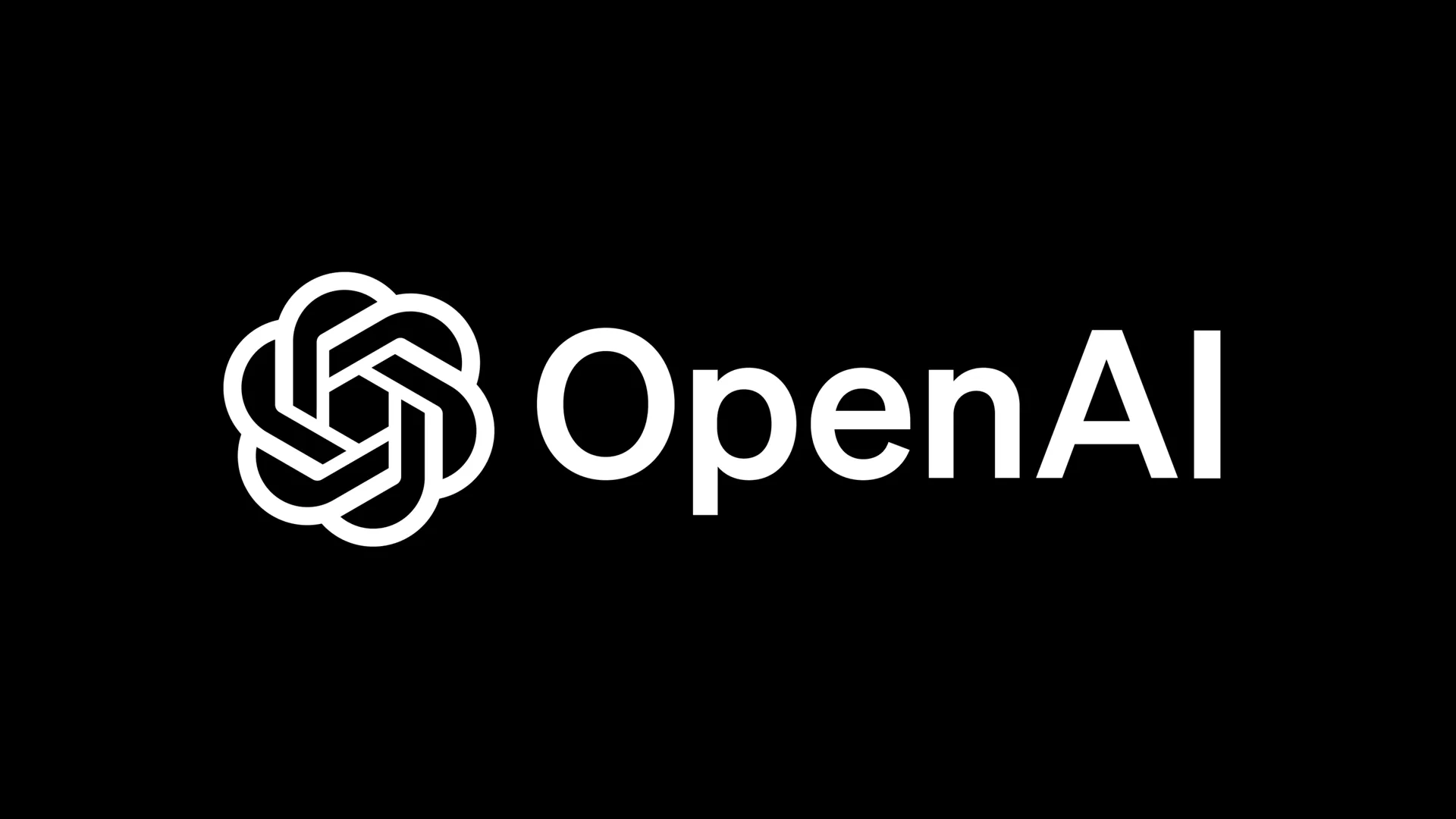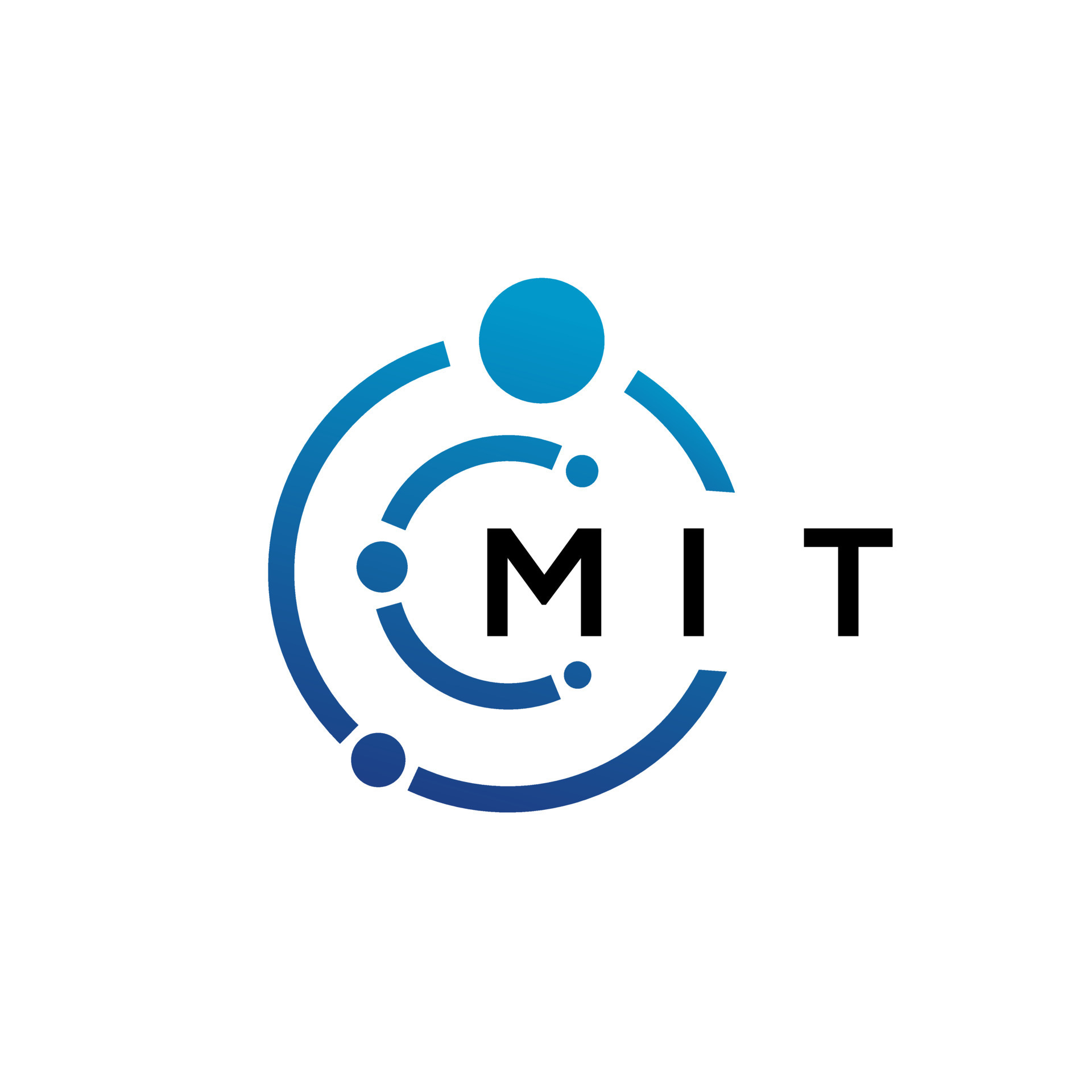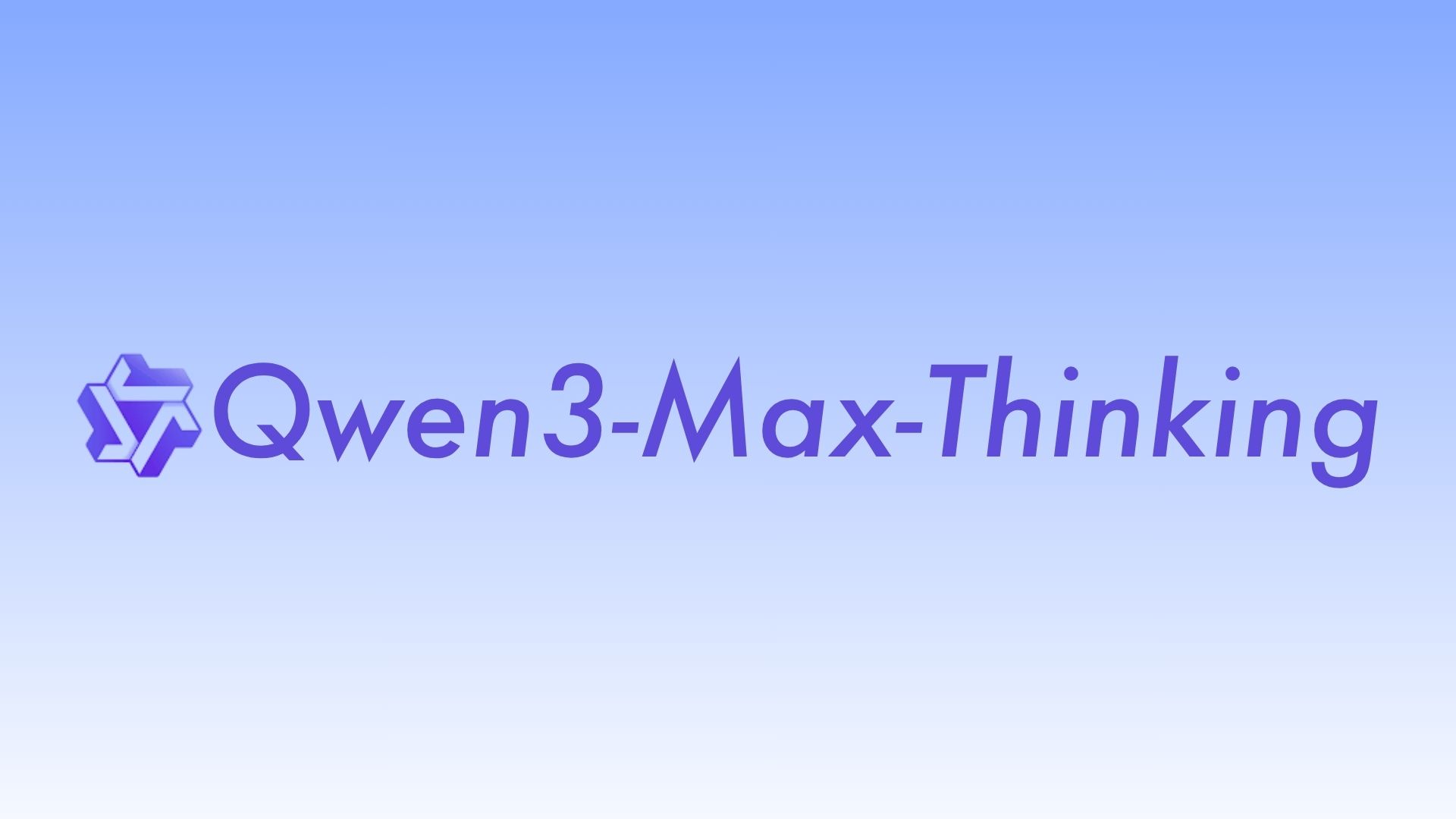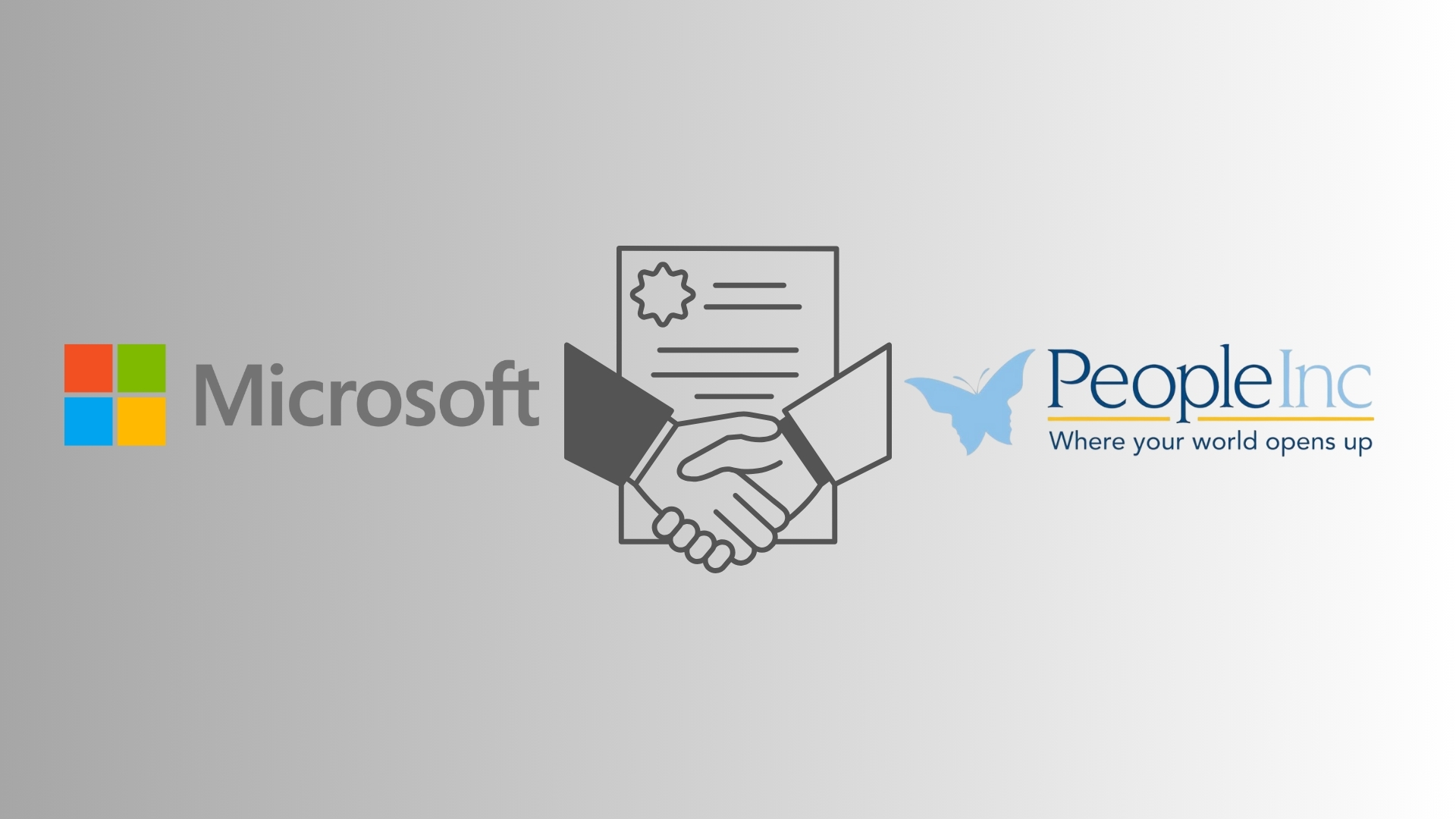The scammers reportedly created websites that mimicked legitimate trading platforms, luring victims through social media, cold calls, and fabricated celebrity endorsements. Once deposits were made, the funds were laundered through blockchain technology, making recovery nearly impossible.
During the operation, investigators seized €800,000 in bank accounts, €415,000 in cryptocurrencies, €300,000 in cash, and luxury watches worth over €100,000. Authorities stated that several properties linked to the network remain under evaluation as investigations continue.
French prosecutors said the suspects face fraud and money laundering charges, carrying sentences of up to ten years. The case underscores the growing cross-border nature of crypto-related crime, with Eurojust’s coordination proving key to dismantling the network.
Would you like to learn more about AI, tech and digital diplomacy? If so, ask our Diplo chatbot!










